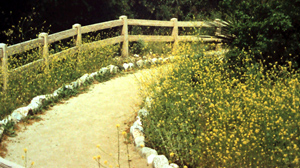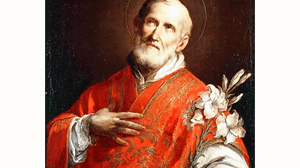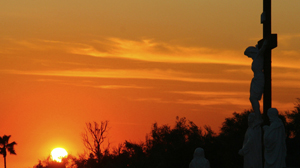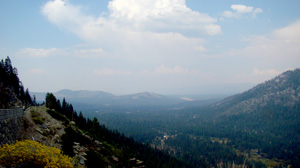Scripture: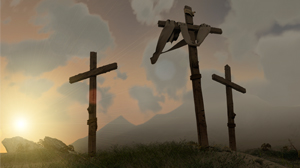
Reflection:
In today’s gospel we have these words: “Eternal life is this: to know you, the only true God, and him whom you have sent, Jesus Christ.” How do we get to know the Lord Jesus Christ?
1) The first place to start is to look at what he said about himself. In the gospel of John we find many “I am” statements of Jesus.
“I am the bread of life.” (John 6:35)
“I am the good shepherd.” (John 10:11)
“I am the gate for the sheep.” (John 10:7)
“I am the light of the world.” (John 9:55)
“I am the resurrection and the life.” (John 11:25)
“I am the way, the truth and the life.” (John 14:6)
“I am the vine; you are the branches.” (John 15:5)
These “I am” statements of Jesus are a good starting point. They can lead us into a rich Christology, giving us much to analyze and reflect upon. However, that will only enrich our minds. What about our hearts?
2) It is common wisdom that you can’t really know another until you walk a mile in their shoes. So to know Jesus on a deeper level we will have to use our imagination, walk in his shoes, and relate it to our own experiences.
What did it feel like for Jesus to be totally committed to this Father’s will, to have compassion on the sick and suffering, and to cry over Lazarus’ death? What were Jesus’ emotions when he boldly faced opposition, when he agonized in the garden of olives, and when he forgave those who were crucifying you? Indeed, each gospel passage can be a “walking with Jesus” experience for us.
3) The quickest way to know the Lord Jesus and the Father who sent him is to love others, all others. “He who does not love does not know God, for God is love.” (I John 4:8) In Les Miserable we have these words: “To love another person is to see the face of God.”
It is worth every effort to know the Lord Jesus by theology, by walking in his shoes, and by showing unconditional love. At stake is eternal life.
Fr. Alan Phillip, C.P. is a member of the Passionist Community at Mater Dolorosa Retreat Center, Sierra Madre, California. http://www.alanphillipcp.com/.

